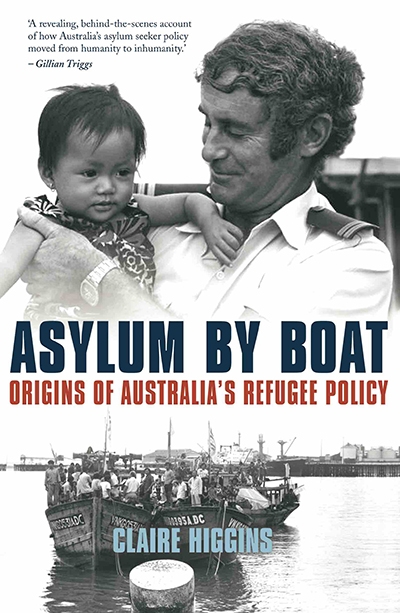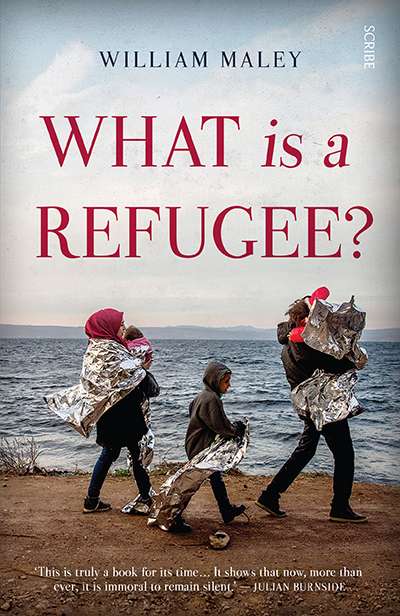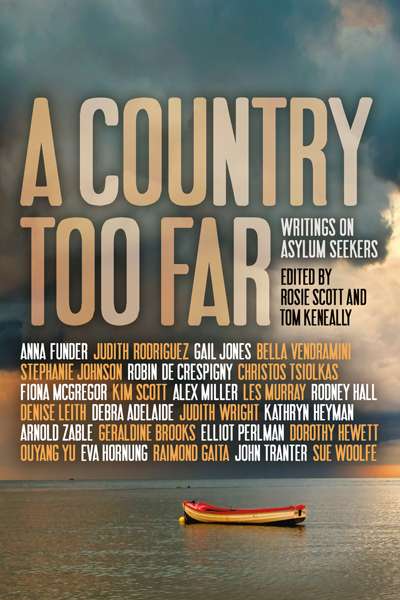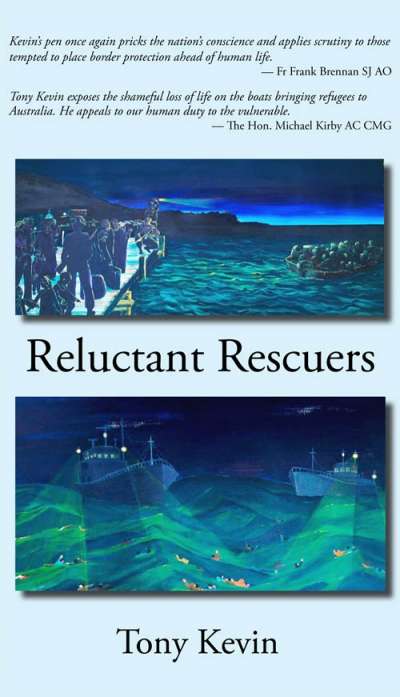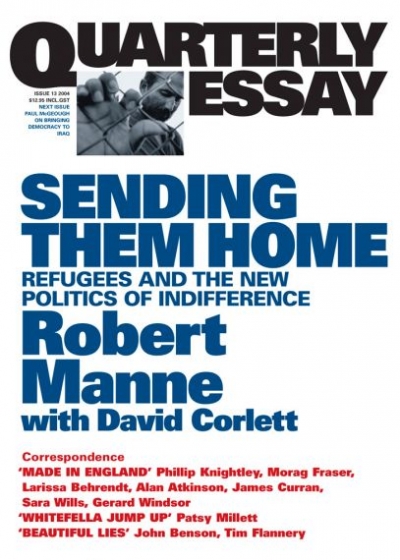Refugees
Asylum By Boat: Origins of Australia’s refugee policy by Claire Higgins
by Klaus Neumann •
Confessions of a People-Smuggler by Dawood Amiri & The Undesirables by Mark Isaacs
by Peter Mares •
That Sinking Feeling: Asylum Seekers and the search for the Indonesian Solution (Quarterly Essay 53) by Paul Toohey
by Stephen Atkinson •
A Country Too Far: Writings on Asylum Seekers edited by Rosie Scott and Tom Keneally
by Alex O'Brien •
Reluctant Rescuers: An Exploration of the Australian Border Protection System’s Safety Record in Detecting and Intercepting Asylum-seeker Boats, 1998–2011 by Tony Kevin
by Jay Daniel Thompson •
The People Smuggler: The True Story of Ali al Jenabi, the ‘Oskar Schindler of Asia’ by Robin de Crespigny
by Paul Morgan •
Sending Them Home: Refugees and the new politics of indifference (Quarterly Essay 13) by Robert Manne (with David Corlett)
by Nathan Hollier •
This important book succeeds in forcing us to see and hear the individuals hidden from knowledge and understanding behind the razor wire of Australia’s detention centres. The opening chapter, ‘The Iron Curtin’, presents material that, even if familiar to some, still has the power to shock. I was jolted once more by the cold facts of our treatment of refugees a ...

